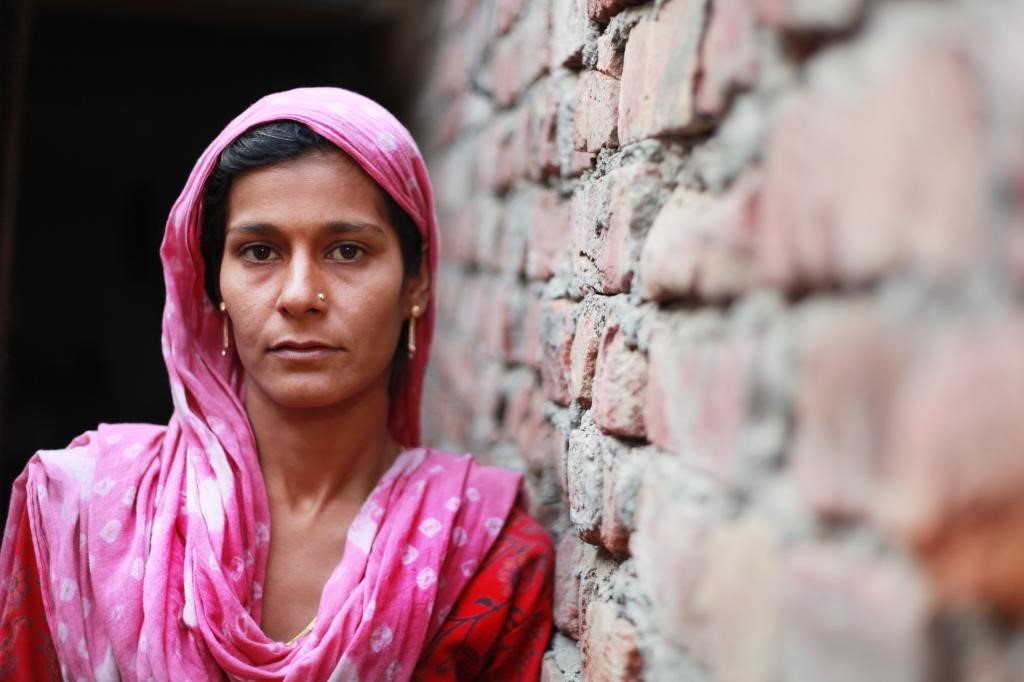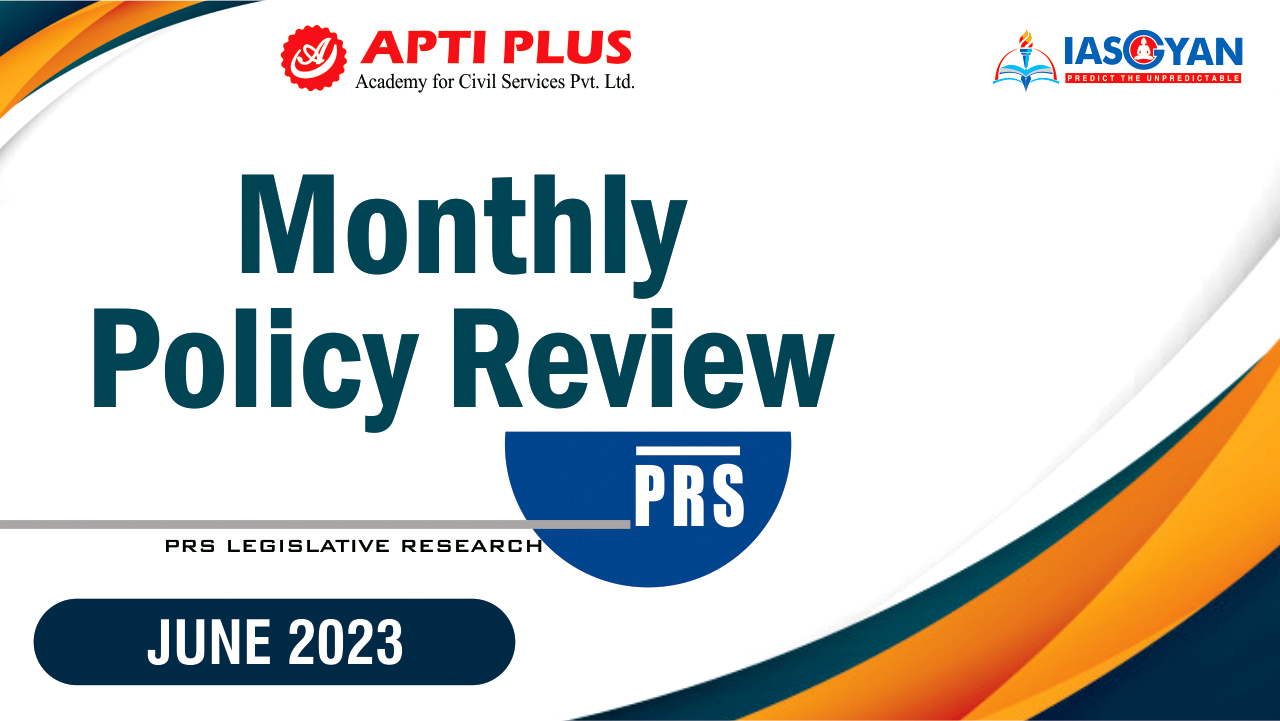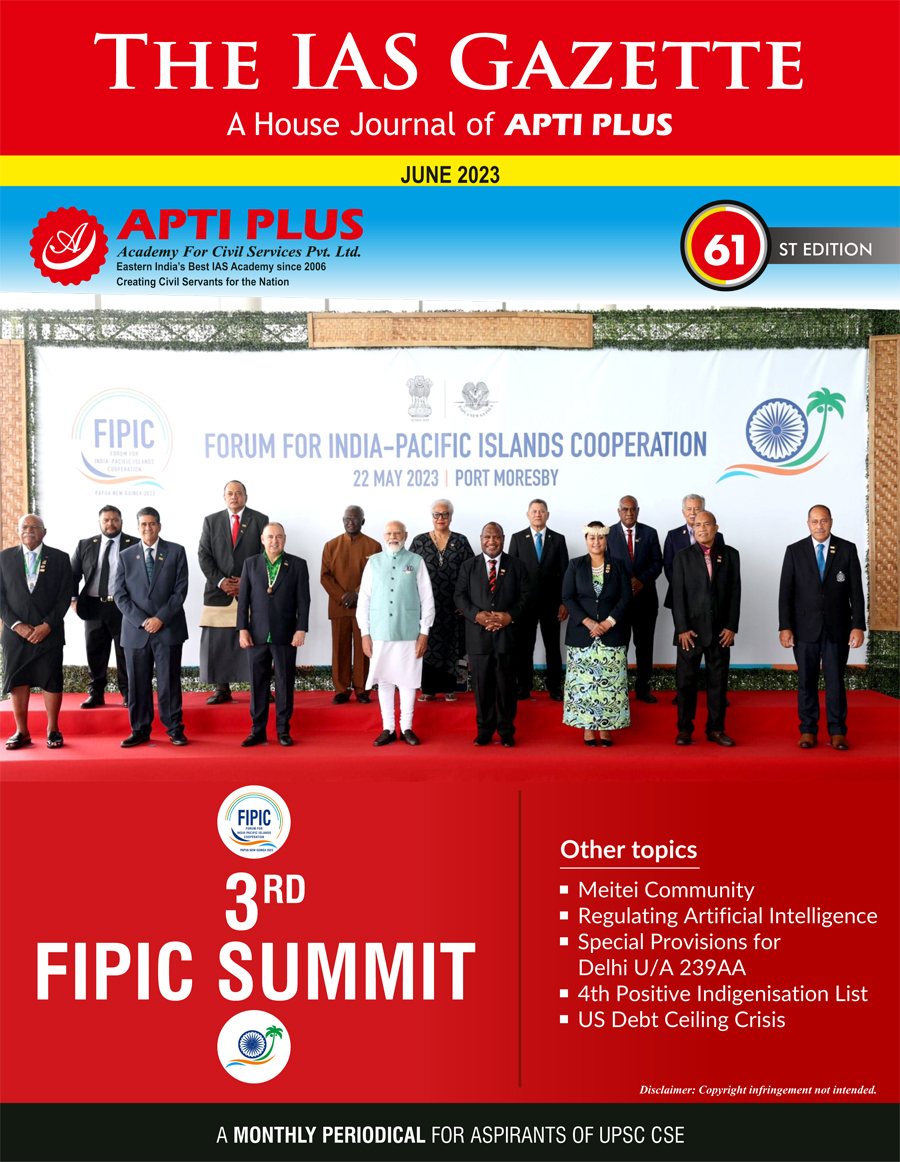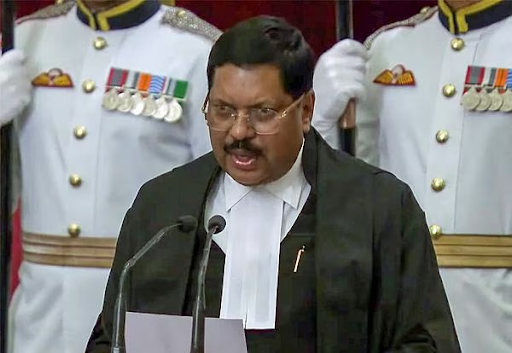Description

Disclaimer: Copyright infringement not intended.
Context
- The United Nations' report on women's empowerment and gender parity reveals a concerning reality where only 1% of women worldwide live in countries that have achieved both high women's empowerment and gender parity.
Highlights of the report
About
- The report, jointly created by UN Women and UN Development Programme, emphasizes the importance of the Women's Empowerment Index (WEI) and the Global Gender Parity Index (GGPI) as essential tools to assess the progress made in promoting gender equality and women's empowerment.
Findings
- Despite significant progress in various fields, leadership roles and decision-making continue to be predominantly held by men, limiting women's access to key opportunities.
|
Women's Empowerment and Gender Parity Index:
The WEI focuses on measuring women's power and freedoms to make choices and seize opportunities in their lives. On the other hand, the GGPI evaluates the status of women relative to men in core dimensions of human development, identifying gaps in gender parity. Together, these indices offer a comprehensive analysis of a country's progress in promoting gender equality and women's empowerment.
The Women’s Empowerment Index (WEI) is the inaugural measure of women’s empowerment. Development of the WEI represents a major milestone in the country’s evidence-based policy-making and sets a baseline for monitoring of the government’s progress toward Sustainable Development Goal 5 (SDG5) on achieving gender equality and empowerment of all women and girls.
Must read:
https://www.iasgyan.in/daily-current-affairs/global-gender-index#:~:text=India%20specific%20findings,annual%20Gender%20Gap%20Report%2C%202023.
|
- According to the report, women's empowerment stands at an average of 60% of their full potential.
- Moreover, women achieve 28% less than men across key human development dimensions, as measured by the GGPI.
- Alarming as it may be, none of the 114 countries analyzed has achieved full women's empowerment or complete gender parity.
- Shockingly, more than 90% of the global female population resides in countries with low or middle levels of both women's empowerment and gender parity.
Importance of Equality for Empowerment
- Even in countries with high human development, achieving gender parity remains a challenge.
- India, for instance, falls into the category of low women's empowerment and gender parity, despite its medium human development status.
- This underscores the significance of ensuring equality to empower women effectively.
Policy Areas Requiring Action
The report identifies key areas that necessitate comprehensive policy action to address the gender gap:
- Health Policies: Ensuring universal access to sexual and reproductive health services to empower women in making informed choices about their bodies and lives.
- Equality in Education: Bridging the gaps in education, particularly in fields like science, technology, engineering, and mathematics (STEM), to equip women and girls with skills for the digital age.
- Work-Life Balance and Family Support: Investing in policies and services that promote work-life balance, such as affordable quality childcare services, parental leave schemes, and flexible working arrangements to enable women's participation in the workforce.
- Women's Equal Participation: Setting ambitious targets and action plans to achieve gender parity in all spheres of public life, along with eliminating discriminatory laws and regulations that impede women's progress.
- Combating Violence Against Women: Implementing comprehensive measures focused on prevention, changing social norms, and eliminating discriminatory laws and policies to create safer environments for women.
Call for Action
- The report advocates using the WEI and GGPI as tracking and assessment tools to inform policymakers, stakeholders, and communities of the progress and gaps in gender equality and women's empowerment.
- It emphasizes the urgency of collective efforts to accelerate progress and move towards a more equitable and inclusive world, where women can fully realize their potential and contribute meaningfully to society.

About Women Deliver 2023 Conference
- WD2023 took place in Kigali, Rwanda.
- As one of the largest multi-sectoral convenings to advance gender equality, the Women Deliver 2023 Conference and Global Dialogue are co-created by grassroots advocates, multilateral governments, the private sector, philanthropies, and youth, including from and representing communities facing systemic discrimination.
- With sexual and reproductive health and rights at our core, it centers intersectional feminist principles, to address compounding issues impacting girls and women — from climate change, to gender-based violence, to unpaid care work — and collectively identify and action evidence-based solutions.
- The theme of WD2023 is Spaces, Solidarity, and Solutions. WD2023 will enable inclusive and co-created spaces that foster solidarity for sustainable solutions on gender equality.
Objectives
- Catalyze Collective Action to Advance Gender Equality
- Hold Leaders Accountable
- Empower the Feminist Movement
- Reframe Who Leads
- Create Space
About UN Women and UN Development Programme (UNDP)
They are two United Nations agencies that work towards promoting gender equality and women's empowerment, as well as sustainable development worldwide.
UN Women
- UN Women, established in 2010, is the United Nations entity dedicated to gender equality and the empowerment of women.
- It focuses on advancing women's rights, gender equality, and women's participation in all aspects of life.
- UN Women works towards eliminating discrimination against women and girls, ensuring their full participation in decision-making processes, and achieving gender parity and women's empowerment globally.
Key Focus Areas of UN Women
- Ending Violence Against Women: UN Women works to prevent violence against women and girls and supports survivors through various programs and initiatives.
- Women's Economic Empowerment: The agency promotes women's economic participation and empowerment, ensuring access to decent work, economic resources, and entrepreneurship opportunities.
- Women's Leadership and Political Participation: UN Women advocates for women's increased representation in leadership roles and political decision-making at all levels.
- Gender and Climate Change: The agency addresses the gender-specific impacts of climate change and supports gender-responsive climate policies and actions.
- Gender Data and Statistics: UN Women supports the collection and analysis of gender-disaggregated data to inform policies and programs effectively.
UN Development Programme (UNDP)
- UNDP is the United Nations' global development network, working in over 170 countries and territories to eradicate poverty, reduce inequalities, and promote sustainable development.
- While UNDP's mandate is broad and encompasses various aspects of development, it also prioritizes gender equality and women's empowerment as essential elements of sustainable development.
Key Focus Areas of UNDP
- Poverty Reduction: UNDP works to alleviate poverty and reduce disparities, with a specific focus on empowering women to access economic opportunities and resources.
- Health and Education: The agency supports initiatives that improve women's health and education, ensuring access to quality healthcare and education for women and girls.
- Sustainable Development: UNDP promotes gender-responsive and inclusive sustainable development policies and programs.
- Governance and Rule of Law: The agency works towards enhancing women's participation in decision-making processes and strengthening their access to justice.
- Environmental Sustainability: UNDP integrates gender perspectives into environmental sustainability efforts and climate change adaptation strategies
|
PRACTICE QUESTION
Q. Both UN Women and UNDP play crucial roles in advancing gender equality and women's empowerment. Elucidate. (150 Words)
|

https://www.downtoearth.org.in/news/governance/only-1-women-live-in-countries-with-high-gender-parity-female-empowerment-un-report-90685














